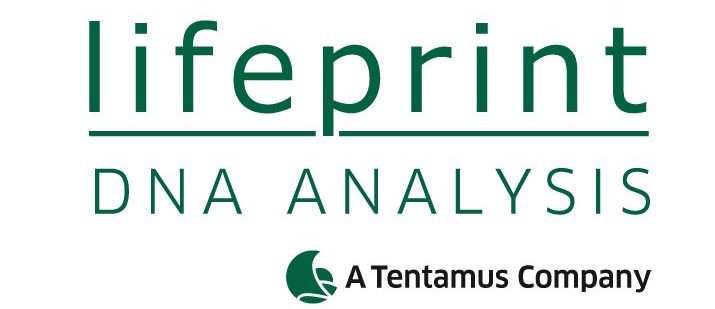Genetic Engineering (GMO)
The presence of genetically modified plants (referred to as GMOs) has become a reality worldwide.
Unwanted introduction often occurs along the logistics chain. Information, whether a particular GMO contained in goods is actually approved in the EU, is therefore important as all goods containing any unapproved GMOs are banned due to the zero tolerance regulations.
Mandatory labelling is not required or EU-approved GMOs, provided that the GMO content is below 0.9% and proven to be random and technically unavoidable.
Analysing goods for possible traces of GMOs has therefore become an inherent part within the food and animal feed industry.
To carry out our analyses, we use real time PCR, a method which is extremely sensitive and specific.
The classic procedure in GMO analysis comprises following steps
- Screening (information: indication for GMO content yes/no)
- Varity identifications (information: GMO varity X is contained in the sample)
- Quantification of identified varities (information – e.g.: x % of “Roundup Ready soy 1” is contained in the sample. In this context, information does not relate to weight, but to the percentage of a GMO specific gene fragment in relation to DNA fragments derived from the relevant plant species.).
As your specialist for GMO analysis, lifeprint supports you in defining your analysis strategies. Our lifeprint newsletter keeps you informed on the latest activities and developments in the market.
